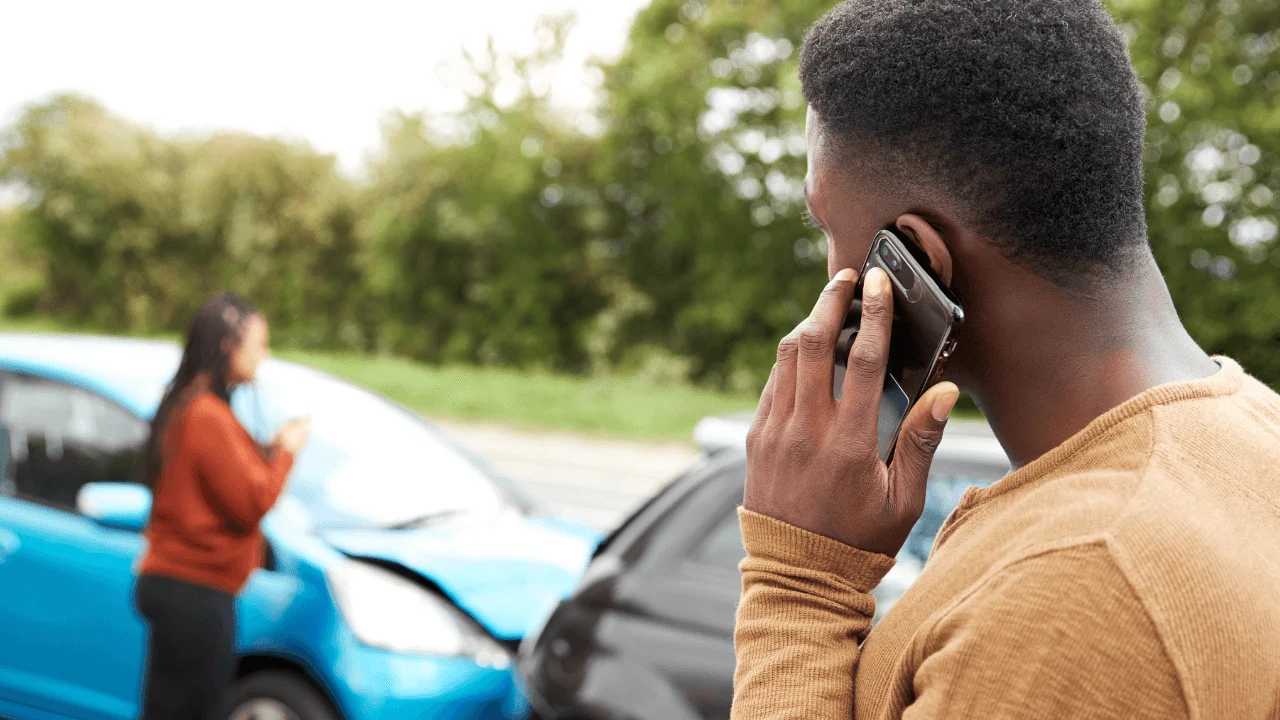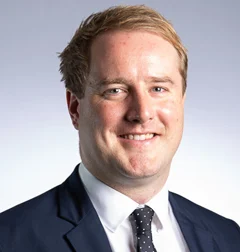
Common law motor vehicle accident claims – Five common FAQs
Published on September 19, 2024 by Matthew Forshaw
In NSW, if you are not at fault and are seriously injured in a motor vehicle accident, you may be eligible to make a common law damages claim and receive lump sum compensation. This article answers five frequently asked questions about common law claims for personal injury claims in NSW due to a motor vehicle accident.
1. What is a common law claim?
A common law damages claim is made under the Motor Accident Injuries Act 2017 (NSW).
A common law claim involves commencing an action against a negligent party. If another person was at fault for your motor vehicle accident and you have a serious injury as a result, you may be entitled to claim damages through a common law claim. The claim is made upon the Compulsory Third Party (CTP) insurer of the person responsible for your motor vehicle accident.
2. Who can make a claim?
To be eligible to bring a claim for damages under common law, you must have sustained a serious injury in the motor vehicle accident (known as a “non-threshold injury) , you must not be wholly at fault or causing the motor vehicle accident, and the accident must have been caused by the fault of the owner or driver in the use or operation of a motor vehicle.
A “non-threshold injury” is an injury that does not meet the criteria for either a soft tissue injury (for a physical injury) or is not a recognised psychiatric illness, adjustment disorder or acute stress disorder (for a psychological/psychiatric injury).
3. When can I make my claim?
It is important to have made your claim within three years of the date of your motor vehicle accident. If you bring a claim outside this three-year time period, you must provide a full and satisfactory explanation for the delay in bringing your claim. While you may not be prevented from bringing a claim outside the three-year time period, it is best practice to bring your claim within the three years if possible.
4. What can I make a claim for?
- Your economic loss
You can make a claim for your past and future economic loss as a consequence of your loss of earnings or your reduced ability to earn as a consequence of your injuries. This also includes any impact your loss of earnings has had upon your superannuation income.
Section 4.5 of the Motor Accident Injuries Act 2017 (NSW) outlines the types of economic loss damages that can be claimed and includes:
(i) Damages for past or future economic loss due to loss of earnings or the deprivation or impairment of earning capacity;
(ii) Damages for costs relating to accommodation or travel (not being the cost of treatment and care);
(iii) Damages for the cost of financial management of damages that are awarded, and
iv) Damages by way of reimbursement for income tax paid or payable on statutory benefits or workers compensation benefits arising from the injury that are required to be repaid on an award of damages.
- Non-economic loss
Damages for non-economic loss is compensation for your pain and suffering, your loss of amenities of life, any reduced life expectancy and / or any disfigurement you might sustain as a consequence of your motor vehicle accident. A claim for non-economic loss can only be claimed if your degree of whole person impairment caused by the motor vehicle accident is more than 10 per cent. The assessment regarding your whole person impairment can only be made by an accredited doctor who will assess your injuries according to the Motor Accident Guidelines issued by the State Insurance Regulatory Authority (SIRA) once your injuries have stabilised meaning that your injuries won’t get any better or worse with or without treatment.
5. Will I have to go to court?
Whether you will be required to go to court for your claim depends on various factors, including the specifics of your case and how the claim progresses.
- Settlement outside of court
Most claims are settled out of court. The vast majority of claims are resolved through settlement negotiations with the insurer. Insurers often prefer to settle claims without the need for court proceedings, as this saves time and legal costs. Your lawyer will work to negotiate a fair settlement that compensates you for your injuries and losses. If there are disputes about your claim, they may be resolved through the Dispute Resolution Service (DRS), which is part of the State Insurance Regulatory Authority (SIRA). The DRS provides a way to resolve disputes without going to court by offering independent assessment and mediation services.
- When court may be necessary
If there is a significant disagreement over liability (who was at fault) or the amount of compensation (quantum), and these disputes cannot be resolved through negotiation or the DRS, you may need to take the matter to court.
In some complex cases, particularly those involving severe injuries or large claims, court proceedings may be necessary to achieve a fair outcome. This might happen if there are certain legal complexities.
Going to court is generally considered a last resort after all other options for resolving the dispute have been exhausted. If your case does go to court, it will be heard in the District Court or Supreme Court of NSW, depending on the complexity and value of the claim.
If court proceedings are required, you may need to attend and provide evidence about the accident and your injuries. Your lawyer will guide you through this process, prepare your case, and represent you in court to ensure your interests are fully protected. Your lawyer’s primary goal is to resolve your claim without the need for court by negotiating a settlement or using the DRS. If court becomes necessary, your lawyer will handle all aspects of the litigation process, including gathering evidence, preparing legal documents, and advocating on your behalf in court.
Please note that this article does not constitute legal advice. If you are seeking professional advice on any legal matters, you can contact Carroll & O’Dea Lawyers on 1800 059 278 or via our Contact Page and one of our lawyers will be able to assist you.
